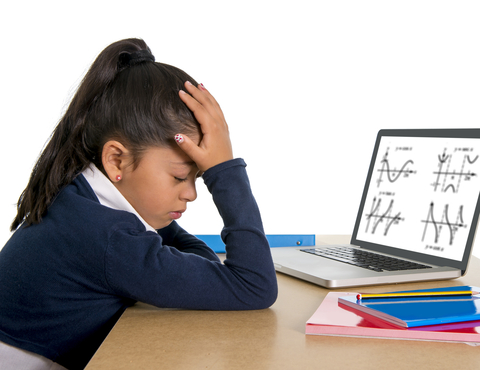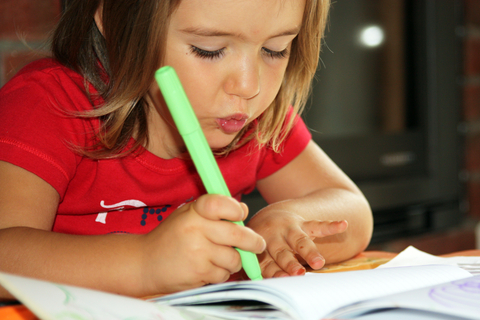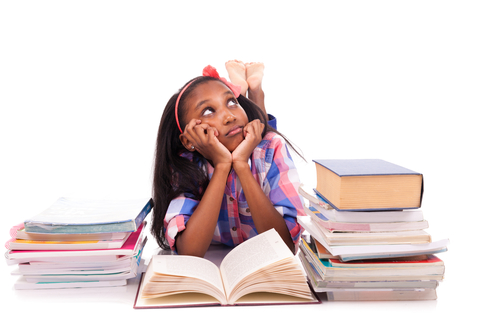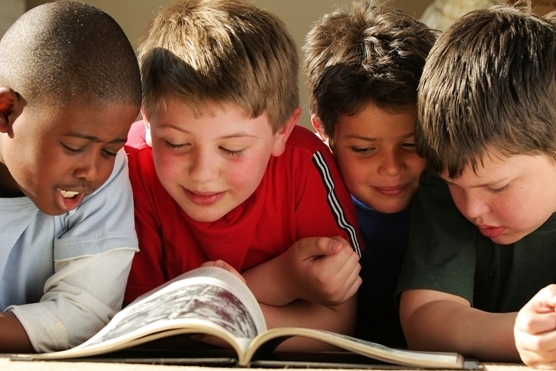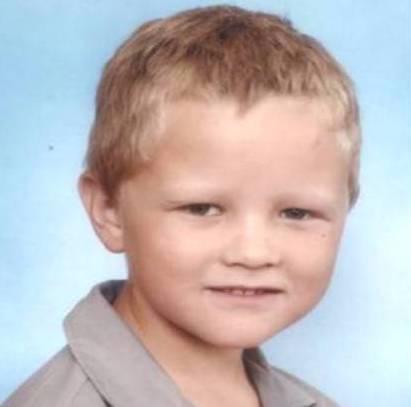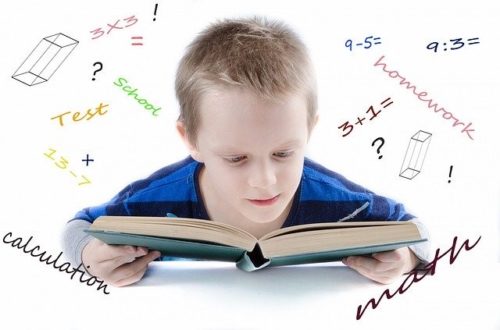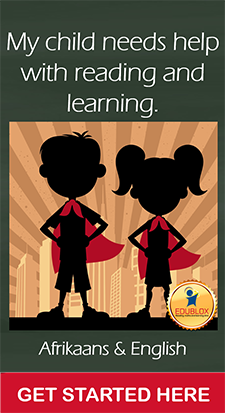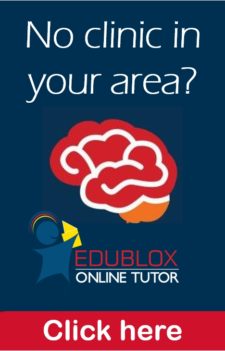When Children Read Well, Yet Lack Comprehension
A common reading disorder goes undiagnosed until it becomes problematic, according to the results of a five-year study published online in the journal Brain Connectivity.
Read MoreAbout Reading Difficulties and Dyslexia
“Your child is dyslexic.” A parent’s worst nightmare may be to hear these words. A severe reading problem may be described as dyslexia, however what’s more important is knowing how these problems can be solved and that there is hope.
Read MoreLetter Reversals: Should I Worry or Not?
Letter reversals experienced by young children are often said to be “totally normal” until after age seven, and their parents are told “don’t worry” unless they continue past grade two. This appears to be accepted as fact, but it does raise questions...
Read MorePreparing Preschoolers to Succeed in Life
A person’s ability to cope in the adult world, have a career and take charge of their financial affairs depends largely on their mastery of reading, writing and arithmetic during childhood. Unfortunately many people fail to develop these skills adequately and grow up battling dyslexia, dysgraphia or dyscalculia...
Read MoreSolving the Maths Problem
Shockingly low mathematics results at senior school level are cause for concern: the average score for Grade 9 learners who wrote the 2014 ANA Mathematics test was 10% and only 35.1% of last year’s Matric students obtained a final mark of 40% or above in mathematics.
Read MorePoor Readers Face Learning Difficulties
The PIRLS 2006 study compared the reading abilities of children in 40 countries. South Africa came last, after Morocco. Only 13% of our Grade 4 learners reached the lowest benchmark compared to 94% of learners internationally; only 1% achieved the advanced benchmark, compared to 7% internationally.
Read MoreBoys More Likely to Have Problems Reading
Boys were two to three times more likely than girls to be affected by reading disabilities, according to a Mayo Clinic study of 5,718 children in Rochester, Minnesota.
Read MoreOvercoming a Learning Disability
Branden Brooks is a prime example of a learner who seemed to have no hope of achieving academic success; to such a degree that his school even suggested he be sent to a special needs school. Yet within a year Branden had progressed from a child who was failing the year to a child achieving between a 60 – 80% average!
Read MoreBrain’s ‘Visual Dictionary’ Enables Skilled Readers to Identify Words Faster
Skilled readers can recognize words at lightning fast speed when they read because the word has been placed in a sort of visual dictionary, say Georgetown University Medical Center (GUMC) neuroscientists. The visual dictionary idea rebuts the theory that our brain “sounds out” words each time we see them.
Read MoreThe Causes of Learning Disabilities
Successful intervention is dependent on finding the cause or causes of a problem. Most problems can only be solved if one knows their causes. A disease such as scurvy claimed the lives of thousands of seamen during their long sea voyages. The disease was cured fairly quickly once the cause was discovered, viz. a Vitamin C deficiency...
Read More



